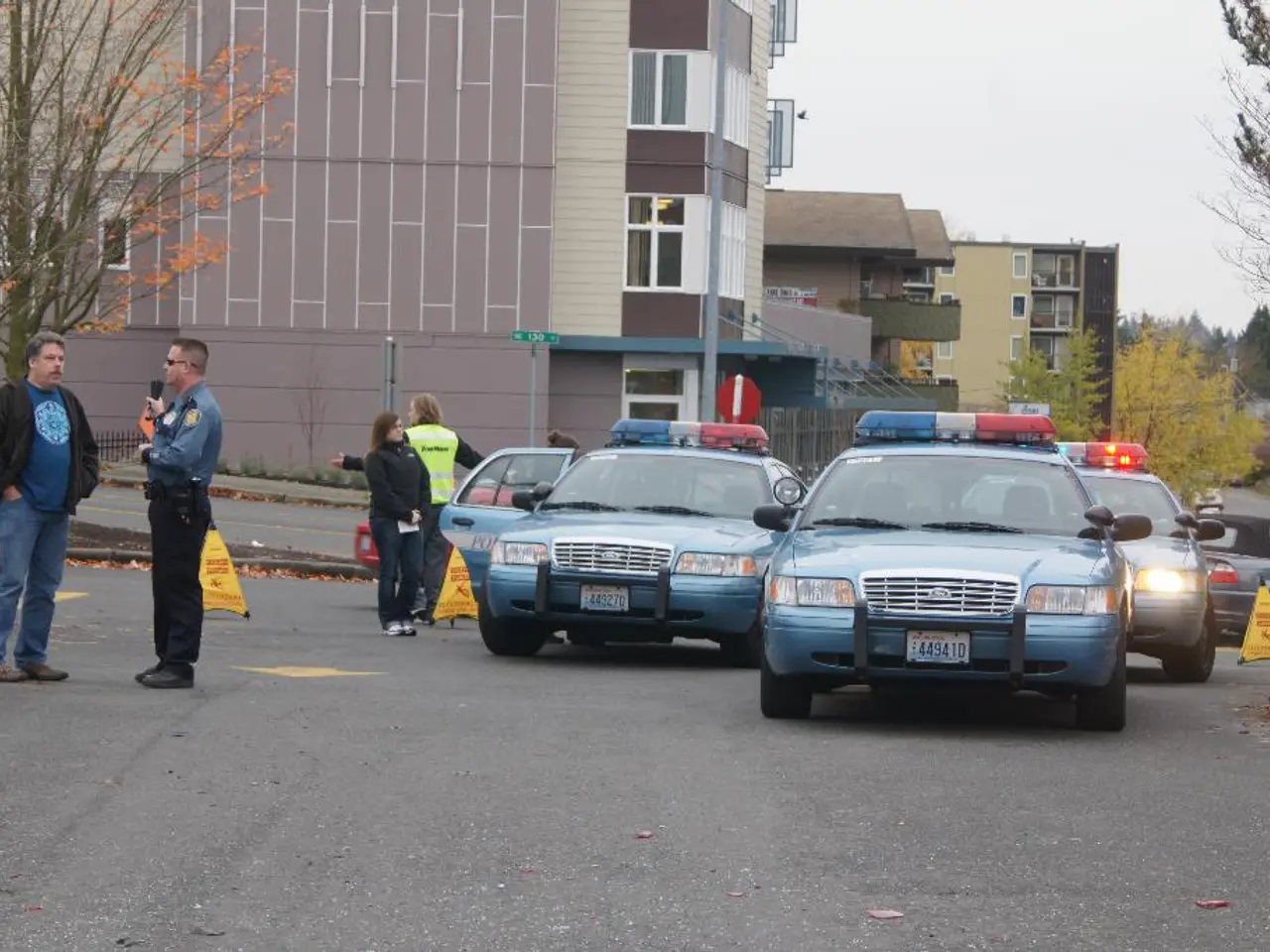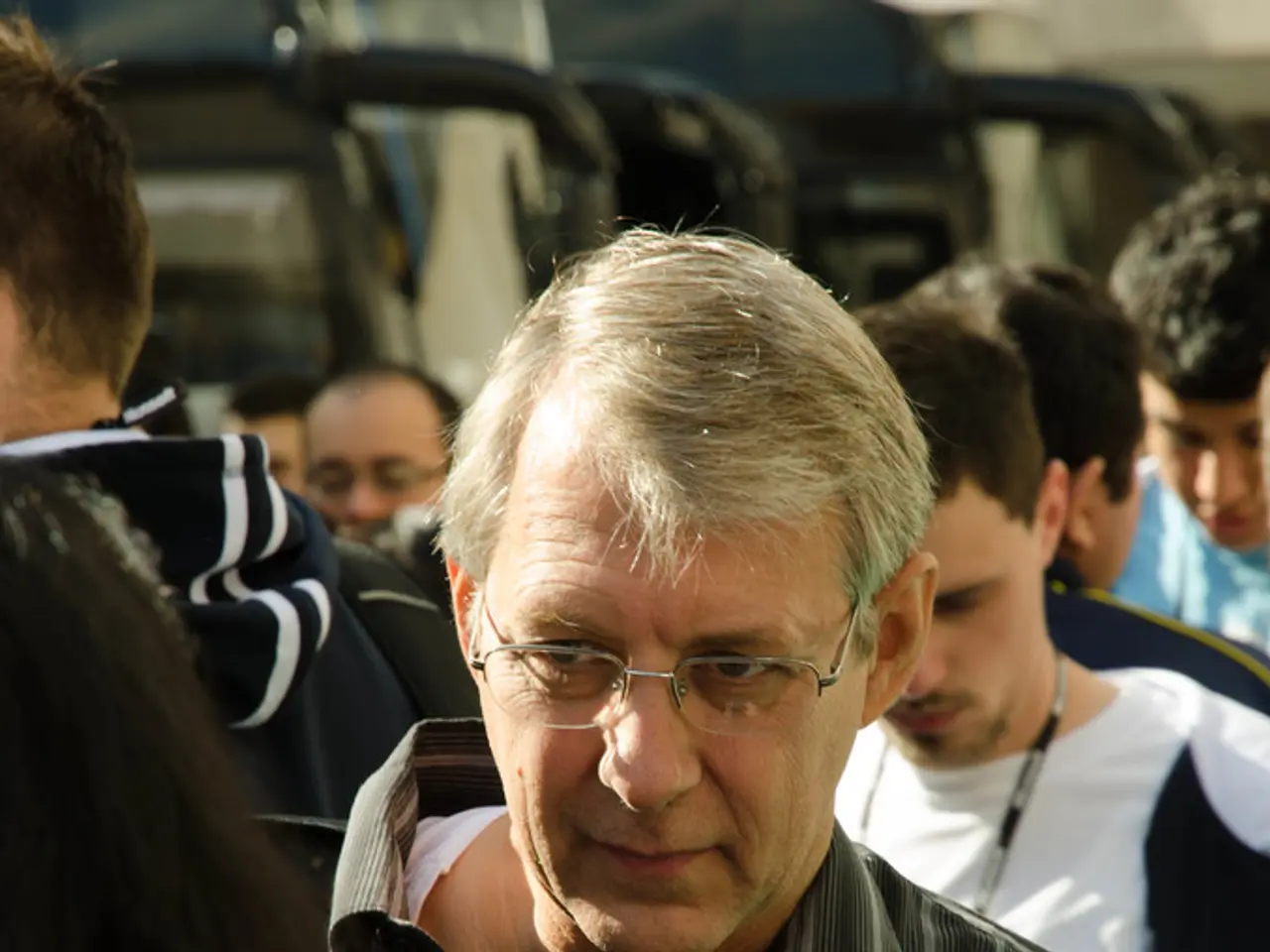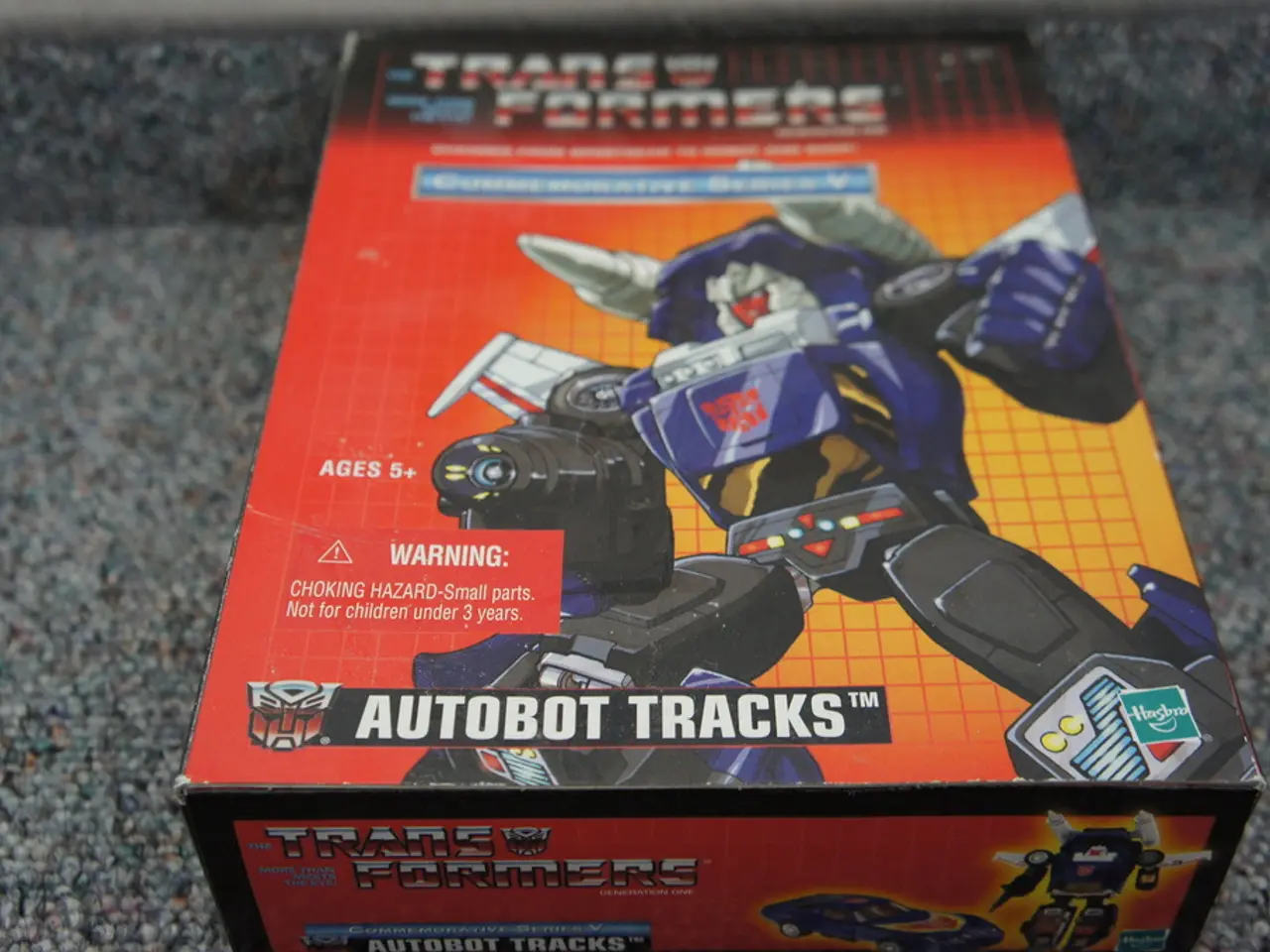Tesla Violated FSD Contract Terms, Arbitrator Decides - Owner Forced to Get Refund for Full Self-Driving Software
In a significant turn of events, veteran arbitration lawyer Marc Dobin has secured a victory against Tesla in a case filed with the American Arbitration Association (AAA). The dispute revolved around Tesla's failure to deliver on the promised Full Self-Driving (FSD) feature for Dobin's 2021 Model Y, for which he paid an additional $10,000.
During the arbitration hearing, it was revealed that Tesla's use of unreferenced web pages and retroactive Safety Score requirements contradicted the integration clause in the purchase agreement. Dobin argued that these post-sale requirements, which required owners to achieve a high "Safety Score" based on undisclosed criteria before granting access to FSD, were not disclosed at the time of purchase.
The arbitrator ruled in Dobin's favour, stating that FSD was "not functional, operational, or otherwise available" as per the agreement. As a result, Tesla has been ordered to refund Dobin $10,600 plus arbitration costs.
This case sets a notable precedent for consumers who feel trapped by Tesla's binding arbitration clause. Dobin recommends arbitration as an option for consumers who have issues with Tesla's FSD feature. He wrote in a blog post that consumers should not let Tesla's arbitration clause scare them, as they have options.
Tesla initially delayed the case by missing deadlines and failing to pay required arbitration fees. This defensive strategy, which reportedly saw Tesla spending more on attorneys contesting the case than the refund amount itself, has prompted criticism of the company's approach.
While Tesla continues to roll out software updates globally for FSD and related vehicle systems, customer confidence appears shaken by these legal setbacks and the slow improvement of FSD capabilities in 2025. The ruling against Tesla highlights a growing risk for the company as more customers become dissatisfied with the FSD experience and seek refunds or legal action.
Separately, Tesla is preparing to launch Full Self-Driving (Supervised) in some European markets in 2025, signaling regulatory progress and market expansion despite the challenges faced in the U.S. customer base.
In summary, Tesla lost the arbitration case brought by Marc Dobin, resulting in a mandated refund for failing to deliver FSD as promised. The case may influence other dissatisfied Tesla customers to seek refunds. Tesla is continuing software updates and preparing FSD launches in new markets, but faces reputational risks in the U.S. If contacting Tesla fails, arbitration may still offer a path to recourse with Tesla on the hook for most costs.
In the aftermath of the arbitration case, it's evident that the tech and automotive industries, particularly the finance and transportation sectors, may need to reevaluate their practices regarding post-sale requirements and the disclosure of features in vehicle sales agreements. This significant court ruling could serve as a precedent for consumers seeking recourse in similar disputes. Furthermore, the case has prompted questions about Tesla's approach to handling consumer issues and the effectiveness of arbitration clauses in such situations, raising concerns for the company's reputation in the technology and automotive market.




